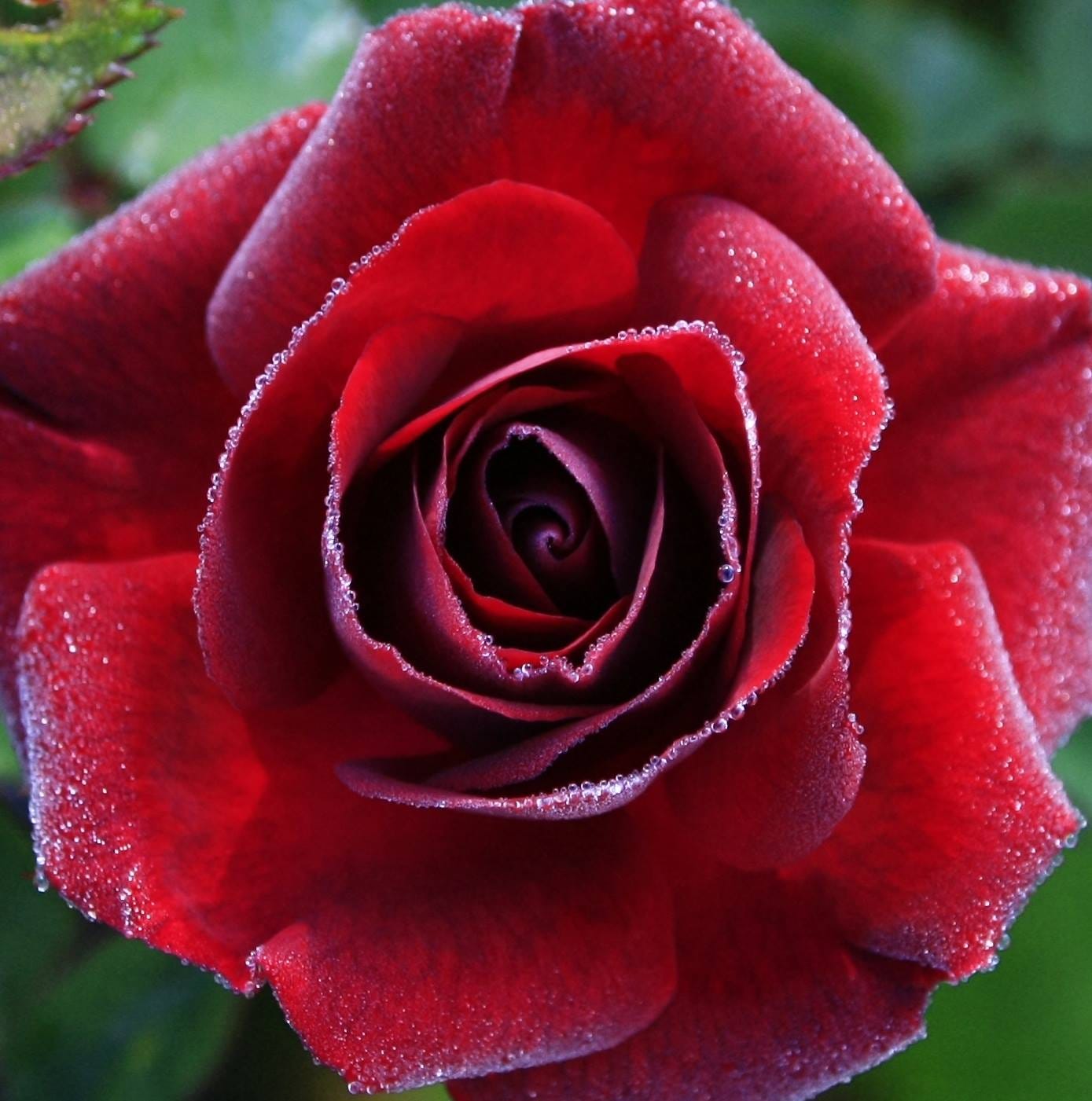The funeral was in a town called Horst or some such. I can't recall. There was an accident on the highway and I was delayed. A horse bolted and a child was killed.
I had met her at some party many years before when she was at the Academy and I was training horses. Father and mother dead, as much as I knew. The work kept me alive.
The horses were large and unruly and disrupted my day and one propped in front of the Academy and she helped. There were large beds of roses near the road. They were flowering, mostly blood red with a few white. There seemed to be a party in the grounds with many young women.
Now she was dead as far as I could tell from the note I received by courier last week, just as I was leaving for the races. I didn’t recognise the hand.
We were assembled around an open grave and a cleric was talking. There was a gusty wind from the north abruptly lifting hats and skirts, dust from the freshly dug earth, scent of salt from the ocean nearby. When it lulled, the pellucid shushing of waves washed softly up the hill.
Later a man I believed to be her husband approached. I had never met him. He was at odds with the image I had in my mind from her letters. Something about him was absurd or aphetic, as if his hair, now mostly absent, had been his distinguishing feature.
She told me about your stories, he said without introduction. I read some and found them confusing. Were they about my wife?
That’s of little consequence now, I replied. The fossors shovelled loudly the dirt heaped next the gaping hole, interrupting my thoughts. I pictured her lying there, hearing the thud of clods, naked and alone, as she had been forty years before.
Did you lie to her? Did she lie to me? he asked, his wet brow, absent hair, bobbing too near my nose.
What could I say? Most of our lives are corrupted by lies. The truths lie buried, far deeper than these graves. I learned that the hard way. He was learning that now.
She had come up by way of a country town where her parents were grocers. The town had a small and very pleasant cemetery by the river surrounded by rows of yew trees planted a hundred years before by those they now shaded at rest. A narrow dirt road ran silently ten miles to the highway where there was a noisome inn.
This was not that town nor that cemetery. She never said why she was at the Academy, nor why she so willingly leapt on the bare back of my errant horse and rode to my loft above the stables.
There was a lad or young man staring across the catafalque as we spoke, as if shocked by a mirror. I looked down and away.
She had rose red hair, I offered gently to her husband, who looked quizzically at me as though I was the village idiot, then turned away, tears streaming down his face.
We wrote, but not often. There was a child, I recall, and then a marriage to this, clerk? I did write of her, tales of what happened and what might have been. She is always for me a clever, soft and yearning young woman with fiery red hair, urgent green eyes and lucent skin. A dulcet muse whose joyous harmonies passed through my life in a day, then lingered with lasting sweetness. There could be no goodbye.
Really there was nothing more I could do and I should have left, but at the noise of the gun the hearse horses bolted throwing flowers down the roadway, the sexton chasing after. It was difficult not to laugh, despite blood the colour of roses splashed on the fossors’ clothes and on fresh thrown grey soil.





So much unsaid in this quiet intrigue. It reflects the secret memories which lie hidden in our souls. I also like the detachment of the main character who owes nothing to the bereaved husband.
And on an unrelated subject, thanks, Bob, for following my nonexistent personal substack. Mulling over ideas for my first post. It's put up or shut up time. But no pressure, huh?
I would value your opinion on the name I have in mind for my stack/substack -- "MEANWHILE, ELSEWHERE..."
I expect it will be a potpourri of journalistic essays, poetry & creative writing.
Any advice? Thanks, ~ Hammond